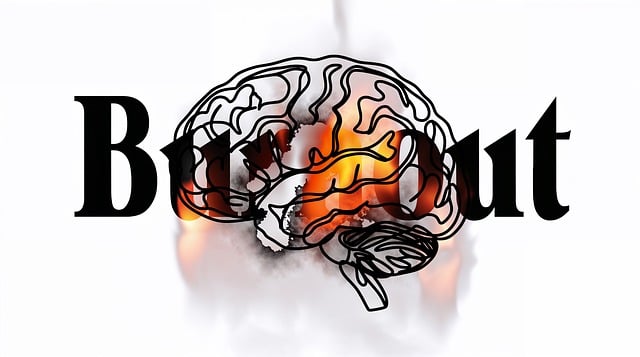Mental health professionals, including those offering specialized services like Arvada Sexual Dysfunction Therapy, face unique risks such as burnout and ethical dilemmas due to sensitive topics discussed with clients. They must manage high-stress situations, employ conflict resolution techniques, and foster safe environments. Emotional intelligence is crucial for connecting with clients' feelings. Effective risk management involves regular client assessments and evidence-based practices tailored for healthcare providers, aiming to create safer and more supportive environments. Arvada Sexual Dysfunction Therapy serves as a model for navigating sensitive sexual issues with care, integrating risk assessment techniques to address underlying psychological factors contributing to dysfunctions.
Mental health professionals confront unique risks daily, demanding meticulous risk assessment strategies. This article navigates the intricate landscape of identifying and mitigating these hazards. We explore the specific challenges within mental health practice, offering insights through a case study of Arvada Sexual Dysfunction Therapy—a successful example of risk management in action. By understanding these risks, professionals can enhance patient safety and foster a healthier therapeutic environment.
- Understanding the Unique Risks in Mental Health Practice
- Implementing Comprehensive Risk Assessment Strategies
- Case Studies: Arvada Sexual Dysfunction Therapy as a Risk Management Example
Understanding the Unique Risks in Mental Health Practice

Mental health professionals encounter a unique array of risks that differ from other healthcare fields. The nature of their work involves delving into sensitive and often traumatic topics with clients, which can take an immense toll on their own emotional well-being. In addition to the potential for burnout, these practitioners must navigate complex ethical dilemmas and manage high-stress situations, especially when dealing with severe mental health disorders or crises.
For instance, therapists specializing in Arvada Sexual Dysfunction Therapy may face unique challenges due to the sensitive nature of their practice. They need to possess advanced Conflict Resolution Techniques to handle intimate conversations about sexual issues while fostering a safe and non-judgmental environment. Emotional Intelligence is another crucial skill, enabling them to understand and connect with clients’ feelings, which can be particularly intense in cases of sexual dysfunction stemming from trauma or emotional distress.
Implementing Comprehensive Risk Assessment Strategies

Mental health professionals must implement comprehensive risk assessment strategies to effectively manage potential risks within their practice. This involves a multifaceted approach that includes regular client assessments, utilizing specialized tools and questionnaires designed to identify red flags indicative of various mental health concerns. For instance, Arvada Sexual Dysfunction Therapy may benefit from integrating specific questions related to sexual health into broader risk assessment protocols, ensuring a holistic view of each client’s well-being.
Professionals can enhance these strategies through ongoing training in evidence-based practices such as Mental Wellness Journaling Exercise Guidance and Social Skills Training. Additionally, burnout prevention strategies tailored for healthcare providers are essential, considering the high-stress nature of mental health work. By combining robust risk assessment techniques with continuous professional development, practitioners can better anticipate and mitigate risks, ultimately fostering a safer and more supportive environment for their clients.
Case Studies: Arvada Sexual Dysfunction Therapy as a Risk Management Example

Arvada Sexual Dysfunction Therapy serves as a compelling example of risk management within mental health practice. By systematically assessing and addressing sexual dysfunction, this therapy model demonstrates how professionals can navigate sensitive issues with care. Through in-depth case studies, therapists uncover underlying psychological factors contributing to sexual problems, often linked to trauma, stress, or mental illness. This holistic approach not only aids individuals in overcoming dysfunctions but also fosters a safe space for them to discuss and reduce the stigma associated with mental illness.
By integrating risk assessment techniques into their practice, mental health professionals can emulate Arvada’s model. Regularly evaluating patients’ risks factors, including personal history, current stressors, and potential triggers, allows therapists to tailor interventions effectively. Moreover, encouraging mental wellness journaling exercises can help individuals track their progress, identify patterns, and gain insights into managing their conditions proactively. Such proactive measures significantly contribute to the overall risk mitigation strategy for mental health professionals.
Mental health professionals face unique risks due to the sensitive nature of their work. Implementing comprehensive risk assessment strategies, such as those exemplified by Arvada Sexual Dysfunction Therapy, is essential for mitigating these challenges. By understanding specific risks and adopting robust management practices, professionals can ensure a safer environment for both themselves and their clients. This proactive approach not only enhances patient care but also fosters a more sustainable and fulfilling career in mental health practice.









